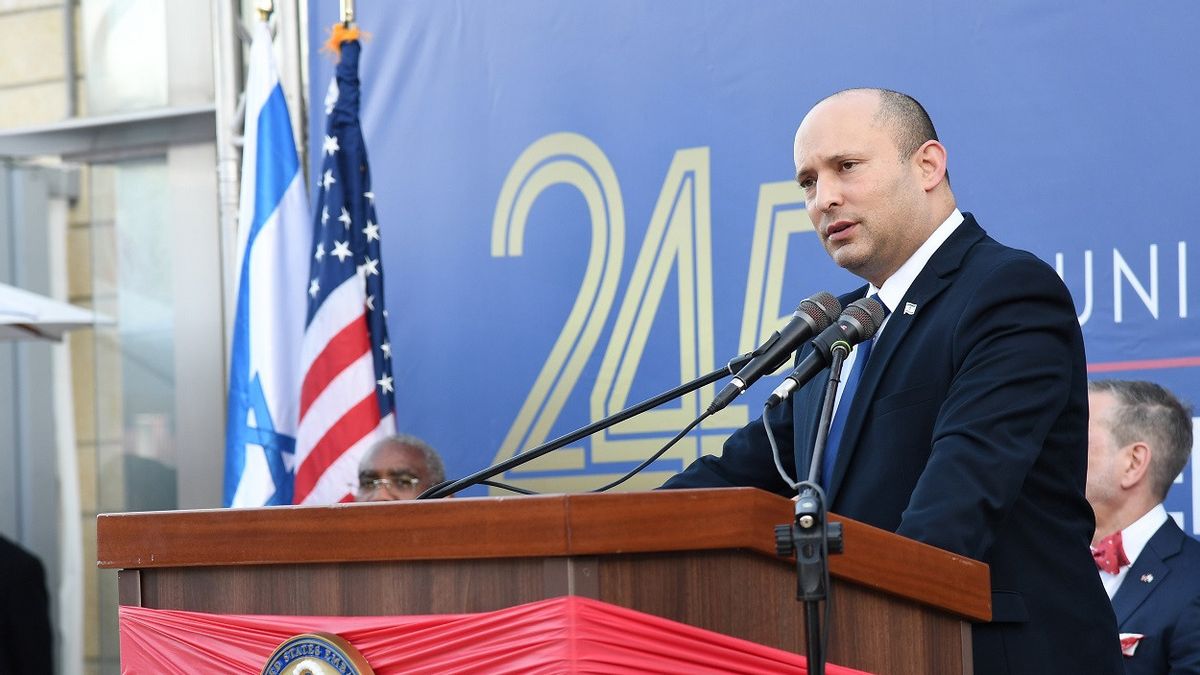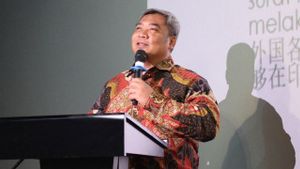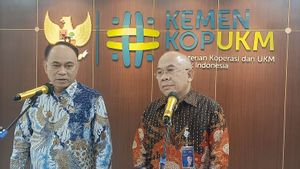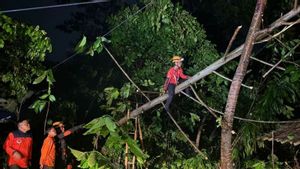JAKARTA - Iran is very close to getting a nuclear bomb, but can be stopped if the West is "aware" of the threat, Israeli Prime Minister Naftali Bennett said.
Tensions between Iran and the West have escalated in the last week after UN International Atomic Energy Agency (IAEA) inspectors found officials had turned off inspection cameras at a nuclear plant.
Concerns over Tehran's possession of nuclear weapons, a move that would destabilize the Middle East, emerged after talks stalled on reviving the nuclear deal following Russia's invasion of Ukraine.
In an interview with The Daily Telegraph last weekend, PM Bennett said, without strong pressure, Iran will soon get the bomb.
"Iran is enriching uranium at an unprecedented rate and is moving very close to obtaining a nuclear weapon," he said.
Prime Minister Bennett, who paid his second official visit to Abu Dhabi on Thursday since the UAE and Israel normalized relations in 2020, urged Western powers to prevent Iran from building a nuclear bomb.
"The world must take a firm stand and tell the Islamic regime in Iran: no nuclear, no sanctions. Iran's nuclear program will not stop until it is stopped," he stressed.
Prime Minister Bennett surprised him with a full day visit to the UAE to meet President Sheikh Mohamed, as well as other prominent figures to discuss security issues.
Israeli officials have indicated that, with the Ukraine conflict taking up considerable attention, the West is only now waking up to the threat of Iran becoming a nuclear power.
Meanwhile, Iran has denied building nuclear weapons, although they have started enriching uranium to more than 60 percent, enough for a nuclear bomb.
Not only that, Israel is said to have asked Britain to consider introducing a 'tripwire' mechanism from increasingly harsh sanctions, to put greater pressure on Iran if it continues to enrich uranium.
It is possible, the strict economic restrictions imposed on Russia after its illegal invasion of Ukraine, could influence Tehran's thinking.
It is known, Iran continued its nuclear program, after the United States under Donald Trump withdrew from the 2015 Nuclear Deal in 2018. President Joe Biden vowed to revive the deal.
The English, Chinese, Japanese, Arabic, and French versions are automatically generated by the AI. So there may still be inaccuracies in translating, please always see Indonesian as our main language. (system supported by DigitalSiber.id)













